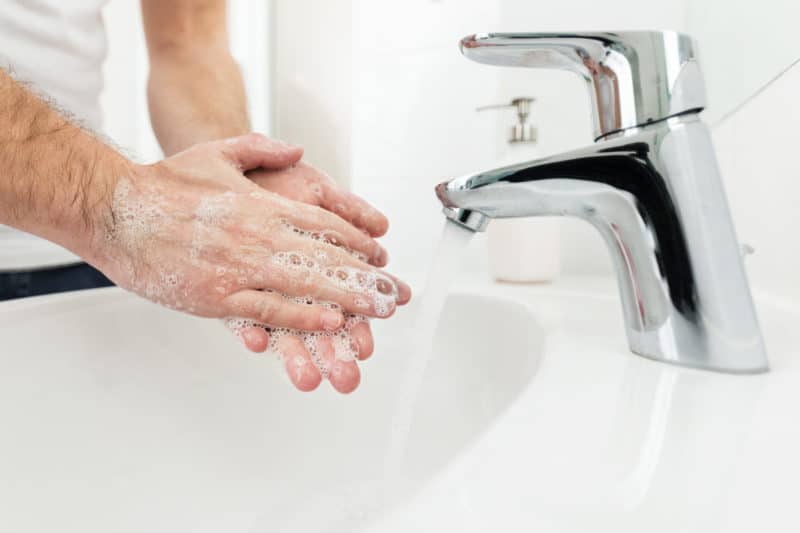Right now, the whole world’s eyes are on the coronavirus disease (COVID-19).
At Airtrain, we are closely following the official advice from the Australian Government and the World Health Organisation (WHO) on the public health response to the coronavirus outbreak.
We will keep our customers updated of any future changes in operations brought upon by the worldwide coronavirus outbreak. For now, we’ve put together a few tips to help you navigate travelling during this uncertain time.
Keep up to date with Smartraveller advice
Smartraveller supports Australians with the latest information and advice for overseas travel. The coronavirus pandemic means that many countries are introducing restrictions to new entries and movement. These restrictions are often coming into action quickly, in response to the fast-moving pandemic. To keep abreast of changes and official advice, check the Smartraveller website frequently and follow their Twitter and Facebook accounts.
Be aware of your travel insurance
It’s important to be aware of exactly what your travel insurance does and doesn’t cover, especially in the current environment. Most insurance companies have a clear outline of their policies in response to coronavirus outlined on their website. However, if you aren’t sure what type of cover you have, we encourage you to get in touch with your insurance provider.
Be aware of flight changes
Flight, entry and movement restrictions are being updated constantly. It’s important for all travellers to keep up to date with these changes. Even for locations that aren’t being directly impacted by travel restrictions or fly bans, many airlines are reducing their services to adapt to a decrease in travel demand.
Practice good hygiene
To minimise the spread of coronavirus, WHO has advised everyone to take proper hygiene precautions.
Protect yourself and others by:
- Washing your hands frequently and thoroughly.
- Maintain social distancing. WHO recommends staying at least 1 metre away from anyone who is coughing or sneezing.
- Avoid touching your hands, nose and mouth.
- Practice good respiratory hygiene. Cover your face when you sneeze or cough with your bent elbow or a tissue. Dispose of the used tissue immediately and be sure to wash your hands thoroughly afterwards.
- If you have a fever, cough or difficulty breathing, seek medical care early. If you are feeling unwell, stay home.
For more information on how to protect yourself and others during this time, we recommend keeping up to date with WHO, Smartraveller and Health.gov.au



